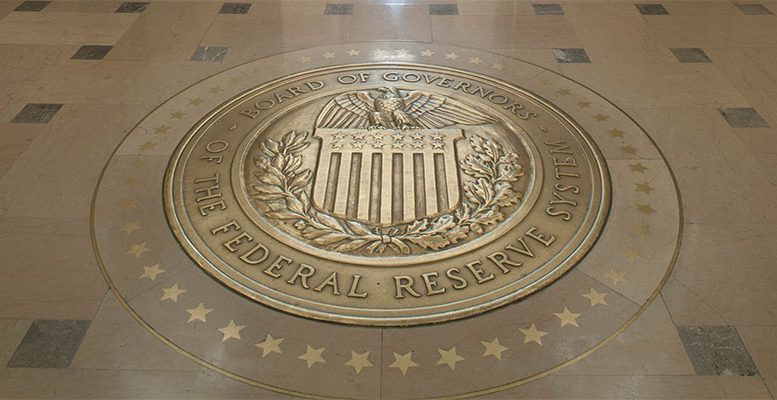Stefan Scheuer (Allianz GI) | What will the Federal Reserve do? This is the question most asked by investors. In the US, the labour market remains in shape, households remain wiling to spend and inflation data has been better than expected.
At the same time, Jeremy Powell´s words to the US Congress Finance Committee suggested s looser policy by the US Federal Reserve, which has encouraged hopes of interest rate cuts and driven up markets. The only thing market participants could not agree on last week was the size of the cut. Meanwhile the main US equity index (S&P 500) set a new record high.
Many investors wonder if those responsible for monetary and fiscal policy will manage a soft landing for the US economic cycle, which remains in the growth phase after more than 120 months. This could prepare the bases for new growth. Some first cautious signs of stabilisation were already visible last month, but the most recently published economic data, in particular about the manufacturing sector, showed a fairly subdued economic panorama in the US. The indices of purchase managers in the services sector as well as that of manufacturing, especially the subcomponent of export orders, continue falling, while spending on investment goods remains unconvincing. This suggests that the gradual slowdown in global growth is beginning also to affect the US manufacturing sector.
While it is likely that the attention of international investors will remain for now focused on the evolution of the macroeconomic indicators, in the next few weeks it could centre more on the evolution of the current results publication season for second quarter 2019. And it is the trade conflict between the US and China that could begin to impact more clearly on the growth of companies´ sales and profits. Analysts expect that US profits could fall 3% for the S&P 500 and rise 0.8% in the European Stoxx600. It would be the first fall in profits in the US since 2016 and fund managers, according to the most recent Bank of America Merrill Lynch survey, could begin to think about a recession in company profits.





